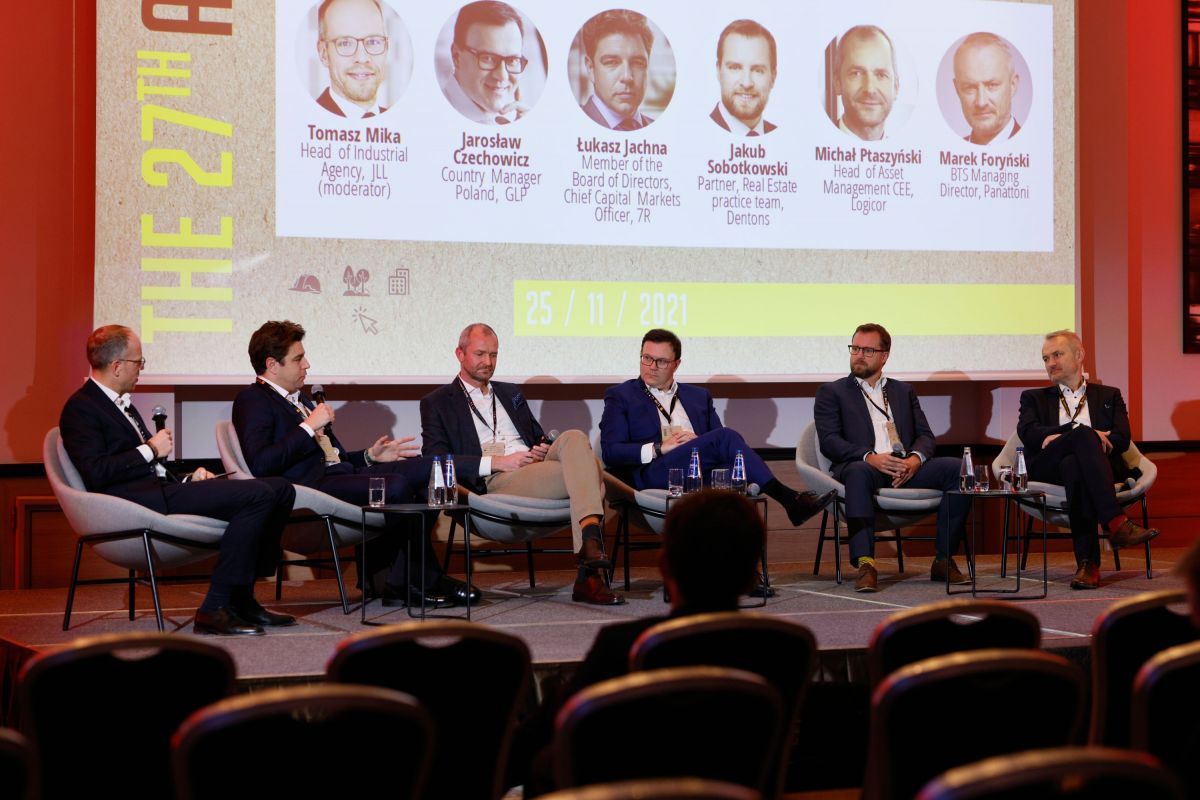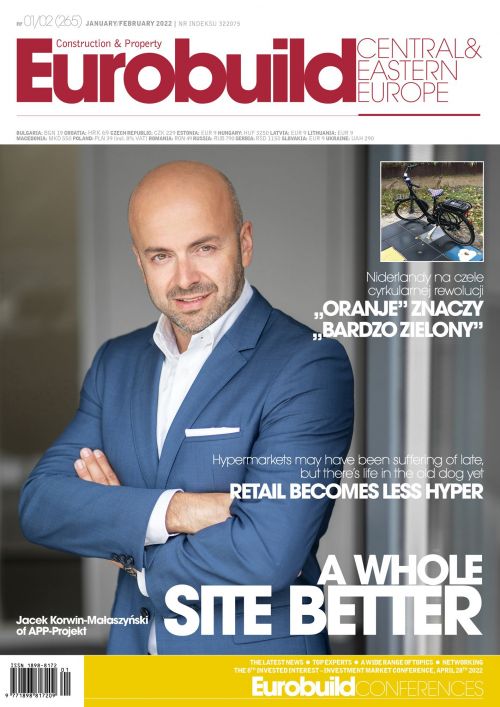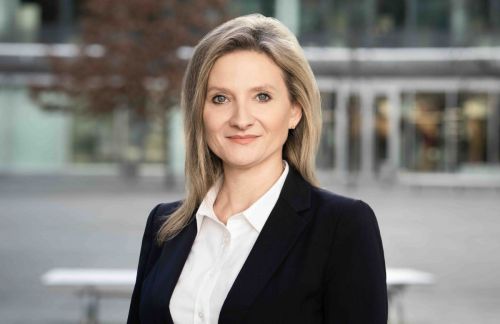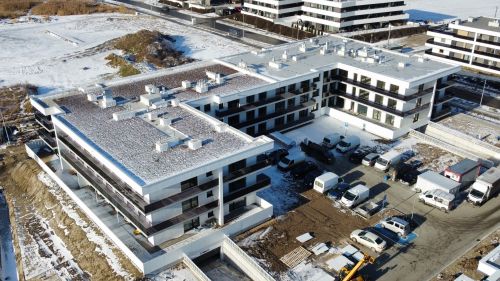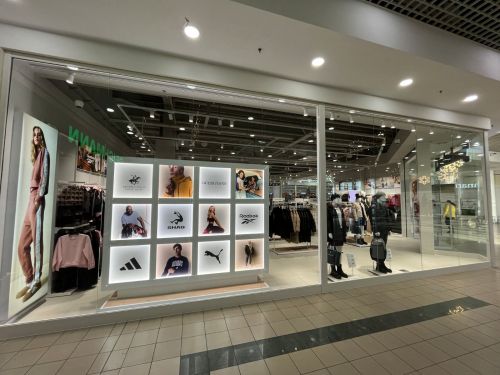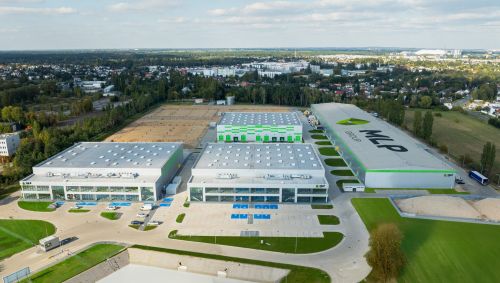See the photo gallery.
As it turned out, people still had to the lockdown out of their systems and the desire to meet face-to-face once again had clearly not been satisfied. As a result, the year’s largest Eurobuild conference, where the main trends on each real estate sector over the last twelve month are discussed, pulled in over 150 attendees, each of them keen to hear the insights of the experts and meet up with some old faces they hadn’t seen for a long time. The conference began with a concise presentation talk by Marek Zuber, an economist and financial market analyst, to provide us with a picture of the state of the Polish economy and real estate sector in 2021. He also covered the main factors that are set to shape the economic situation into the near future. One of his main themes was the inflation rate, with the figures for November coming in at the highest they had been for 20 years. “I’ve found myself being asked a lot lately – mainly by young
